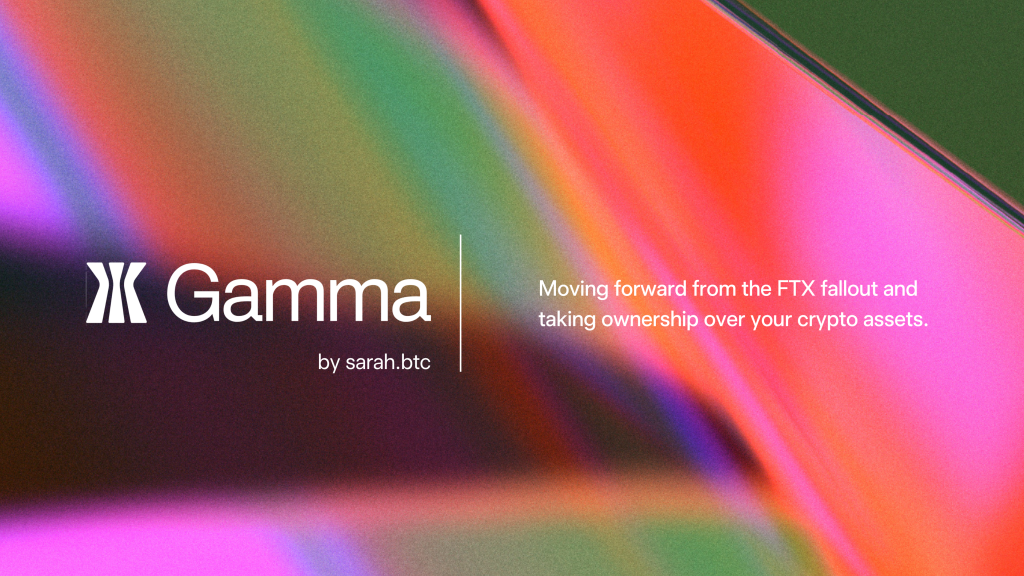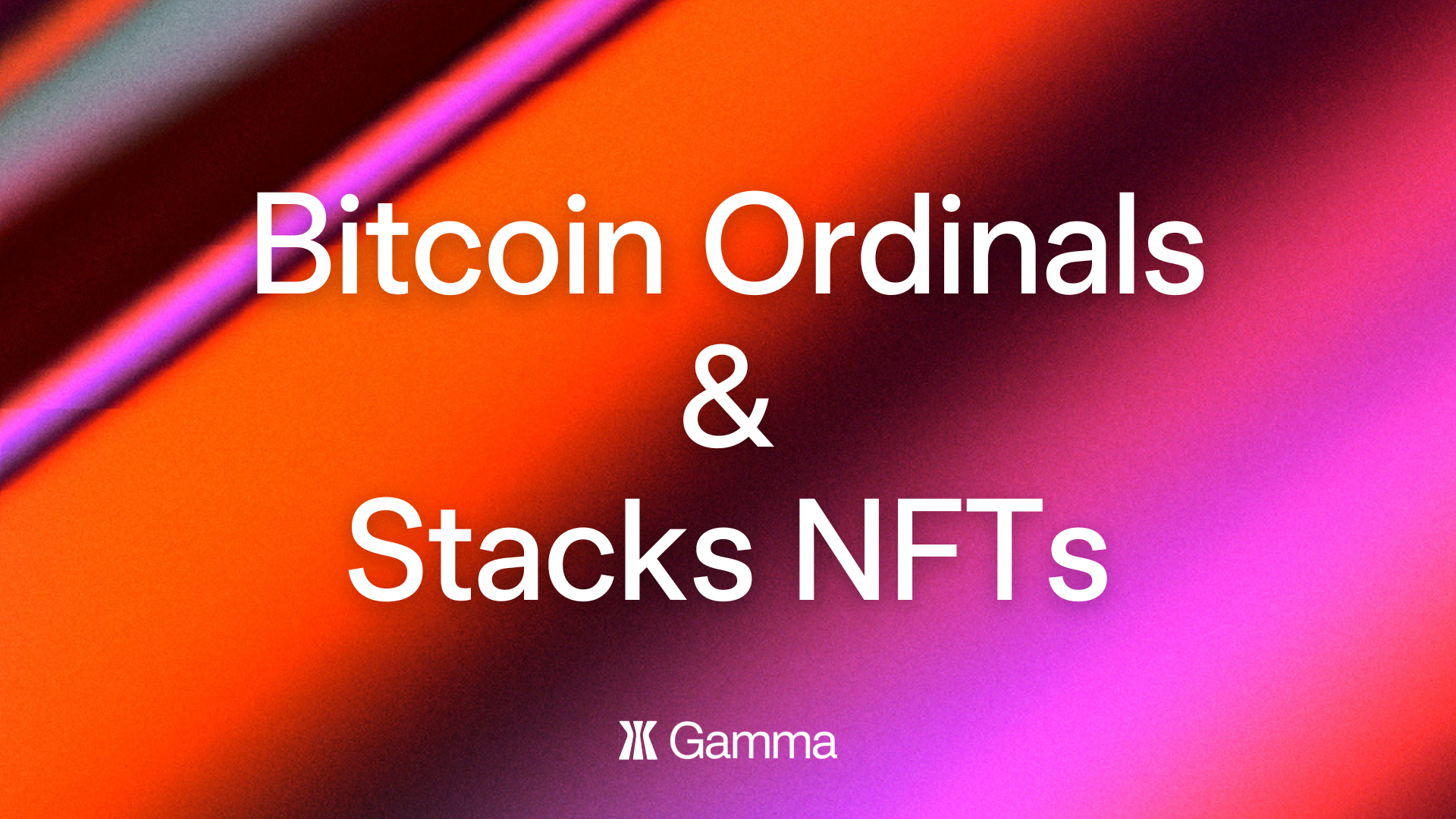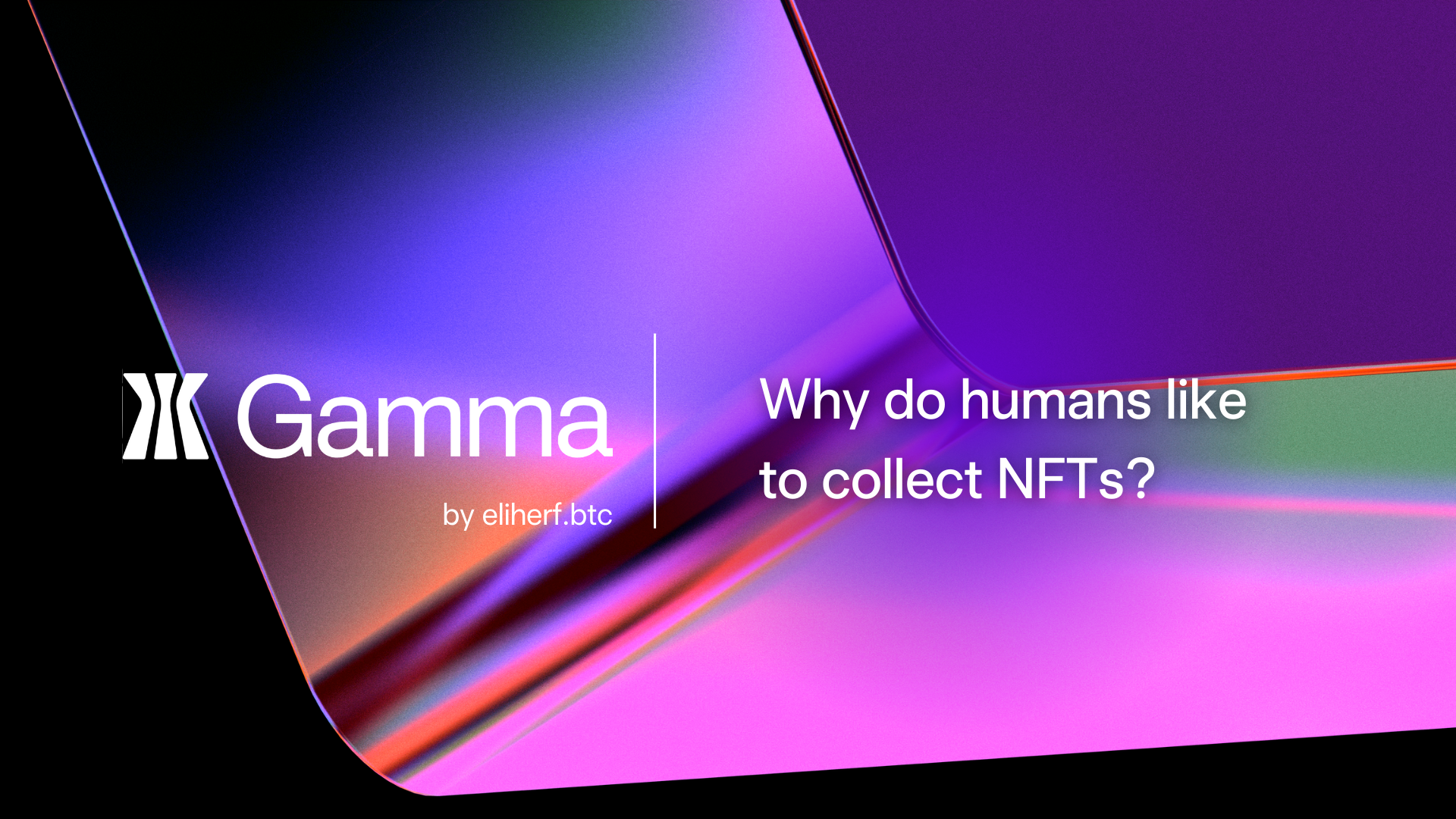An opinion piece by Sarah Satoshi
If you’re at all familiar with crypto (which, if you’re reading this blog post, you probably are) then you know that this week’s FTX meltdown led to billions of dollars in crypto funds being frozen and drained from millions of retail customer accounts. Some call it the Lehman moment of crypto, others see it as the sign of the times. There’s no doubt that the finance industry is filled with crooks and criminals, and crypto is no exception — whether its a destined death spiral of an algorithmic stablecoin or a cult personality leading the charge behind some token magically printed for the value of “uh…community”, industry scams have always, in hindsight, been obvious and inevitable when the dominoes finally fall. But this time was different. This time, one of the world’s largest and fastest growing, trusted centralized exchanges went bust because of irresponsible, opaque decisions made by those at the top. No forewarnings. Only pain.
Wasn’t crypto supposed to be different? Wasn’t the messaging supposed to be “f**k central banks, we give power back to the people”? That’s what industry leaders like SBF, the CEO of FTX touted. What the general public didn’t realize was instead of Web3.0, they were building Wall Street3.0. Instead of changing the world, they’ve set the industry and public perception of crypto back by who knows how much. At the same time, millions of users and related institutions were insurmountably burned. It’s heartbreaking, numbing, and has left shards of shrapnel across the crypto industry. How can we recover?
The role of centralized entities in decentralized territory
When it comes to crypto adoption, ease of access, and the free market of competitive options and offerings, centralized exchanges (CEXes) and entities remain an important component of this decentralized crypto ecosystem. But closed, opaque centralized markets hiding behind a sticker of “we have your best interests in mind” isn’t exactly optimal. After all, the phrase “verify, don’t trust” proves time and time again how much weight it carries. When it comes to centralized exchanges, transparency and honesty are imperative. This week, we’ve seen several CEXes and other regulated entities come out with proofs of reserves and statements committing to furthering transparency and communications with customers. While this is a great for setting a new industry standard, it’s clear that decentralized exchanges (DEXes) and non-custodial marketplaces are more important than ever.
To be clear, this week wasn’t a failure in crypto — it was a failure of corrupt, centralized actors who took on over-leveraged, fraudulent risks without protecting consumer assets. As an industry, we exist to combat these points of failure in traditional banking. It’s time we prove that to be the case.
Ownership over your assets
A big reason why “not your keys, not your coin” doesn’t get internalized broadly across retail is because self-custody solutions are simply far more difficult than custodial ones. People will ask themselves, is it really necessary to move my crypto off *large centralized exchange that millions of people around the world use that probably has a negligible chance of going down* and self-custody my assets that I may or may not lose my private keys/seed phrases to?
If you’re a crypto native (or, an NFT one specifically), that might sound silly. Self-custody and ownership are sort of the point of cryptocurrencies. And this week has shown us how important that is. But realistically speaking, until self-custody solutions are as simple as custodial ones, retail investors won’t be initiating self-custody en masse. And that means that centralized entities and exchanges will have to do better in order to serve the retail market.
NFTs onboard users to self-custody solutions
At Gamma (an open marketplace for Bitcoin NFTs on Stacks), we’ve built something at the unique intersection of centralized yet non-custodial. While our website UI is centralized — think social profiles, verification, user experience — you won’t be able to create an “account” without first connecting a self-hosted wallet (like Hiro or Xverse). That’s the nature of NFTs at large: unlike fungible crypto tokens, NFTs have always had a culture baked into them of self-custody from the start. Each time you mint, purchase, sell, or trade an NFT, at no point does Gamma have a stake in ownership — the transaction is completely peer-to-peer, with Gamma acting as an arbiter and interface for users to hold and transfer direct ownership over that asset.
In terms of listings, Gamma acts as an open marketplace — that means you can access any and all NFT smart contracts on Stacks via Gamma. Additionally, you would be able to access collections created on Gamma’s create portal though any existing and future Stacks NFT marketplace. Unlike many other centralized and custodial NFT marketplaces, there are no “exclusive” collections to Gamma’s platform. If we go down, your collections don’t. Unfortunately for Coachella’s NFT collection in partnership with FTX, that wasn’t the case.
For NFTs on Gamma, you hold your keys. You own your assets. You own your smart contracts if you’re a creator. It’s that simple.
Security best practices
With fungible tokens like BTC, it’s a psychologically and physically removed step to have to put your funds into self-custody. Perhaps, self-custody practices can only become mainstream when they’re a built-in step 0 as with NFTs. If you’ve dabbled in NFT land, you’re familiar with seed phrases and how self-custodial solutions work. I’d recommend getting comfortable with porting over your fungible assets as well.
Beyond self-custodial hot wallets (that are hosted on the internet), another step in securing your assets is with a cold wallet (a physical device that you can connect to your hot wallet). While cold wallet support is still being rolled out for Stacks, it’s a good practice to slowly start getting familiar with putting your other fungible crypto assets on a cold storage wallet. If you want to learn more about how to get started with self-custodial wallets on Gamma, we’ve got a few resources to help you get started.
Obviously, this week has been disheartening to say the least. But for our entire industry moving forward, this is a big wake up call on what it truly means to have ownership over your assets. Ownership in the land of decentralization and Web3.0 doesn’t mean buying and holding crypto. It means having exclusive and secure access to your assets that nobody — especially not a centralized custodian — can take away from you.
Notice to our users, from Gamma; November 21, 2022:
We’d like to formally share that Gamma.io has had no affiliation, exposure, or funds stored with FTX. Users’ assets are not custodied by Gamma in any centralized manner, and the vast majority of our corporate assets are stored in self-custodied solutions or in FDIC-insured, US-based bank accounts. Gamma.io Inc as a Delwarare C-corp and is subject to, and complies with, all US regulations for corporations.




